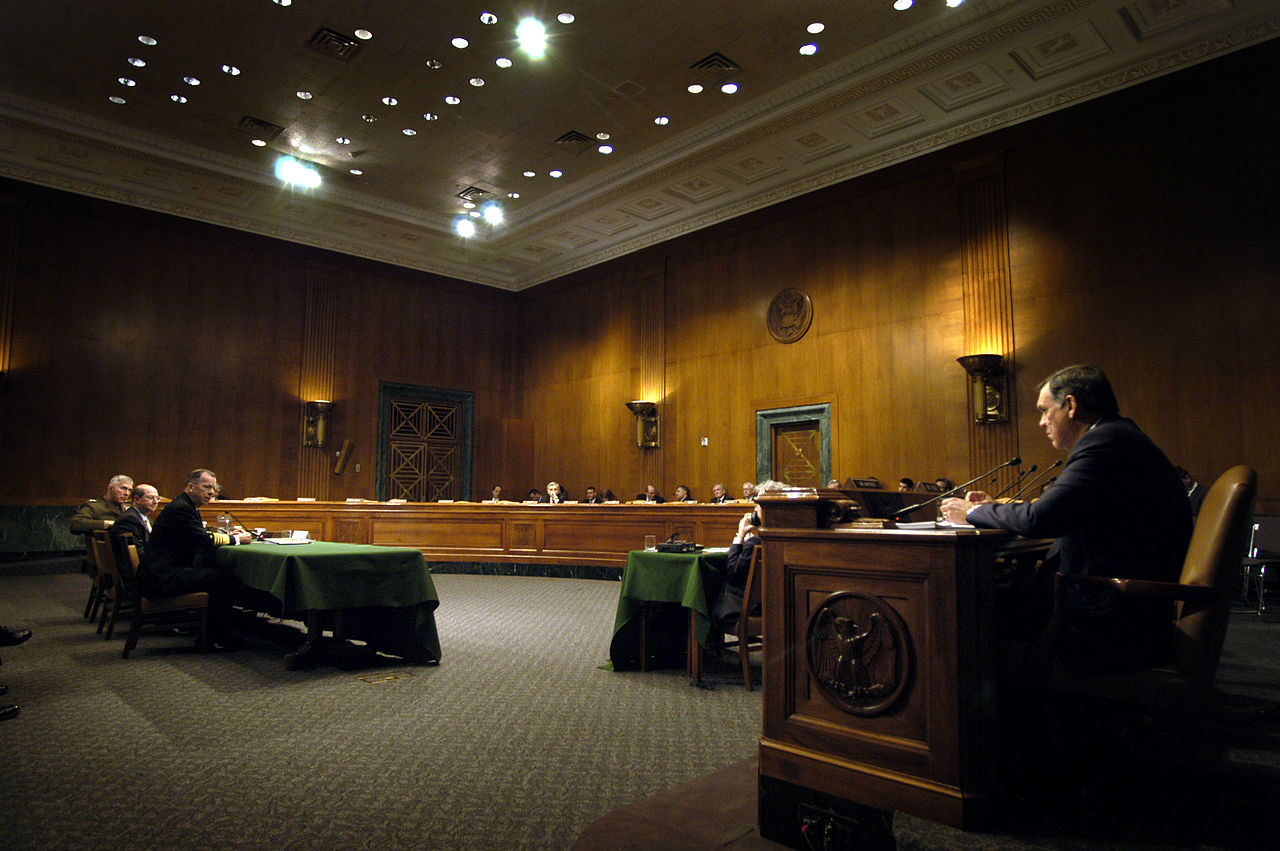On Wednesday, the Senate Judiciary Committee will hold a hearing to discuss ways to combat kleptocracy through financial reforms such as beneficial ownership and money laundering.
Beneficial ownership is particularly important because kleptocrats and their proxies hold their massive illicit wealth in anonymous shell companies. Moreover, they also spend some of their ill-gotten fortune undermining U.S. and European democracies by enriching elites, supporting illiberal populists, building energy dependence, funding networks of friendly media outlets and non-governmental organizations, and backing fringe groups like paramilitaries.
Below are questions the committee might ask witnesses.
- In the month that followed September 11th, 2001, the U.S. Treasury started unleashing unprecedented financial firepower against Al-Qaeda, freezing assets and taking down its funding networks. What would it look like for Treasury and its international counterparts to similarly crack down on kleptocracies and their asymmetric tools? What new authorities, resources, and guidance are needed?
- Why does Vladimir Putin seem to react even more viscerally when we sanction his crony friends than when we target entire sectors of the Russian economy? How does the Kremlin’s stolen money support Putin’s grip on power? What does that imply about our best approach to countering Russian aggression?
- Explain how Chinese companies like Huawei use anonymous shell companies to hide the influence of the Chinese government and to evade sanctions on rogue regimes like North Korea and Iran.
- When the United States catches up to almost every other developed country by outlawing anonymous shell companies, we will improve our moral standing to advocate for similar reforms internationally. What should the Congress and the State Department do to take advantage of that opportunity? Should we mobilize our partners and allies around any particular financial transparency or anti-kleptocracy reforms?
- Whereas we can learn from our European friends and allies on issues like beneficial ownership, the massive money laundering scandals in Europe suggest they could take a page out of our book on bank regulation. Does the European Union need a centralized anti-money laundering authority like we have in the U.S. Treasury?
- Beyond beneficial ownership and money laundering, how can U.S. laws be updated to build resilience at home against foreign corruption? What about better FARA enforcement or codification of norms around democracy and the rule of law?
- What is the role of public diplomacy in combating kleptocracy? Should the State Department issue an annual kleptocracy report? Should the Justice Department dedicate some of the $3 billion restrained or confiscated in its Kleptocracy Asset Recovery Initiative to be turned over to the Russian people as soon as that country returns to the rule of law (rather than holding the money indefinitely until specific victims can be identified)?
- How can multilateral structures be equipped for the fight against kleptocracy? Should an International Anti-Corruption Court be established either similarly to or as a subsidiary of the International Criminal Court?
The views expressed in GMF publications and commentary are the views of the author alone.





